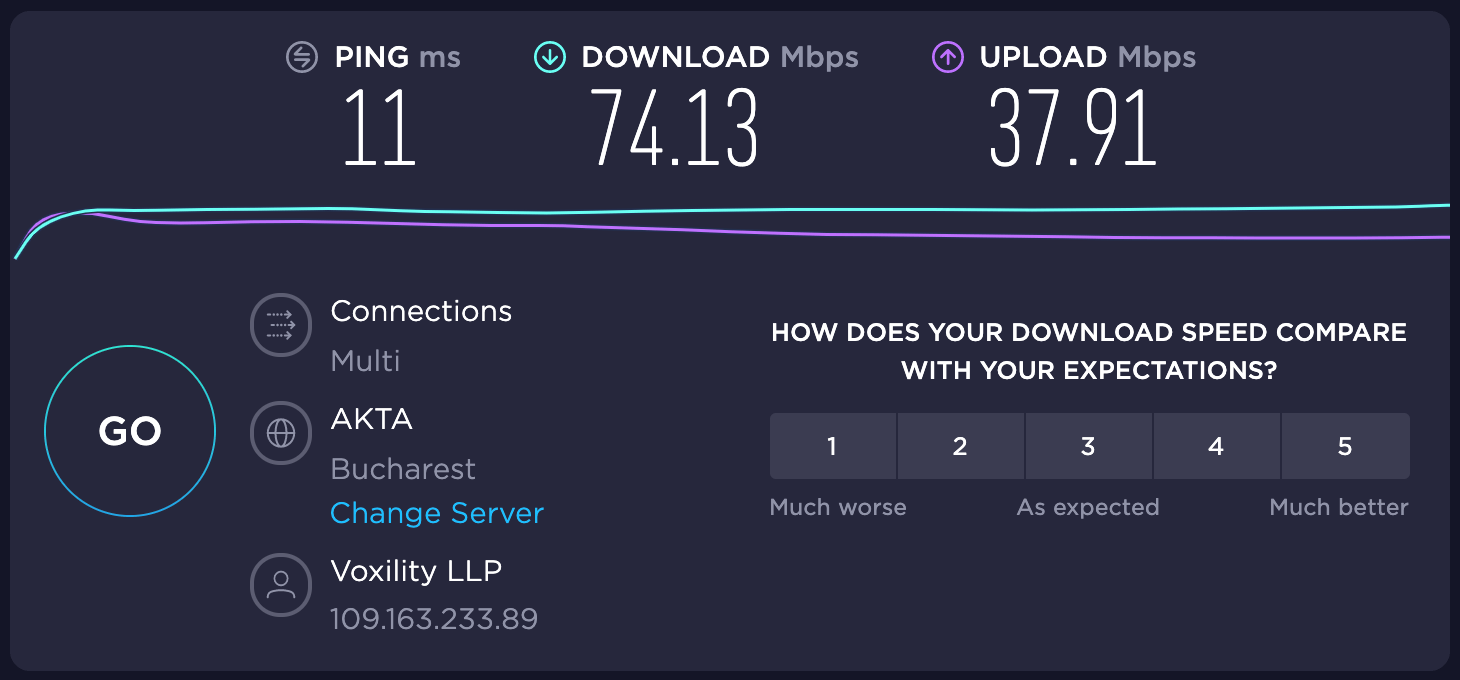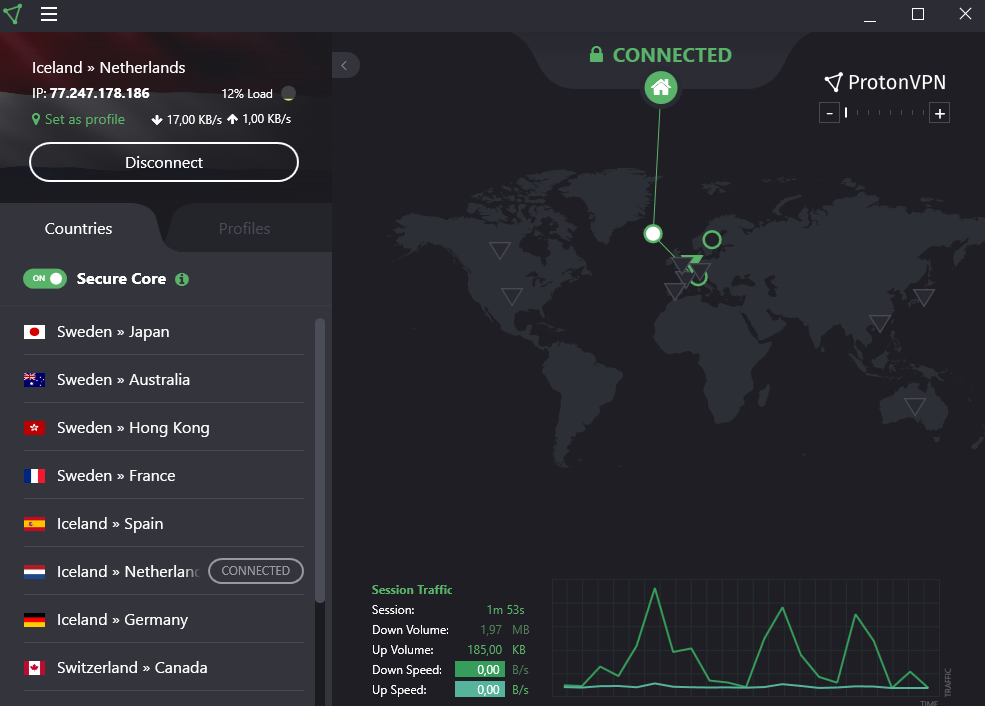
Proton VPN owns and manages its own servers, too, and they're connected to the internet using the company's own network. Most servers are in Europe and North America, but there are also locations in Australia, Brazil, Columbia, Hong Kong, Japan, Malaysia, New Zealand, South Africa, South Korea and more.

Proton VPN's network offers 1,700+ servers across 64 countries. The company has run popular end-to-end encrypted email service Proton Mail since 2014, and its other products include a secure calendar and encrypted cloud storage. Two years ago, Russia blocked Proton’s encrypted email service ProtonMail until it agreed to delete accounts that had been used to send fake, anonymous bomb threats.All VPN providers claim to be security experts, but few can match Swiss-based Proton’s experience and track record. In March, Proton and two other VPN services announced they would give Russian users free access to independent news websites, social media and NGOs which have recently been blocked in the country. Roskomnadzor has blocked more than 65,000 websites, which are still accessible via VPN services, between the start of Russia’s invasion of Ukraine on Feb. Roskomnadzor confirmed Thursday that it was taking measures to thwart VPN services that allow Russian users to access blocked content. Neither domain name appears on state communications watchdog Roskomnadzor’s database of restricted websites. The domain name was available across all seven major Russian internet providers. The GlobalCheck monitoring NGO reported 0% availability of the domain name on Russia’s Tele2 and state-owned Rostelecom providers as of early Thursday.

Russia-based internet users began reporting disruptions with Proton VPN earlier Wednesday.

“ We are continuing efforts to bypass the block, ” it added. “ It is likely that the local ISPs and the authorities are interfering with VPN connections, in which case it may not be possible for us to solve such issues, ” Proton said in a statement.


 0 kommentar(er)
0 kommentar(er)
